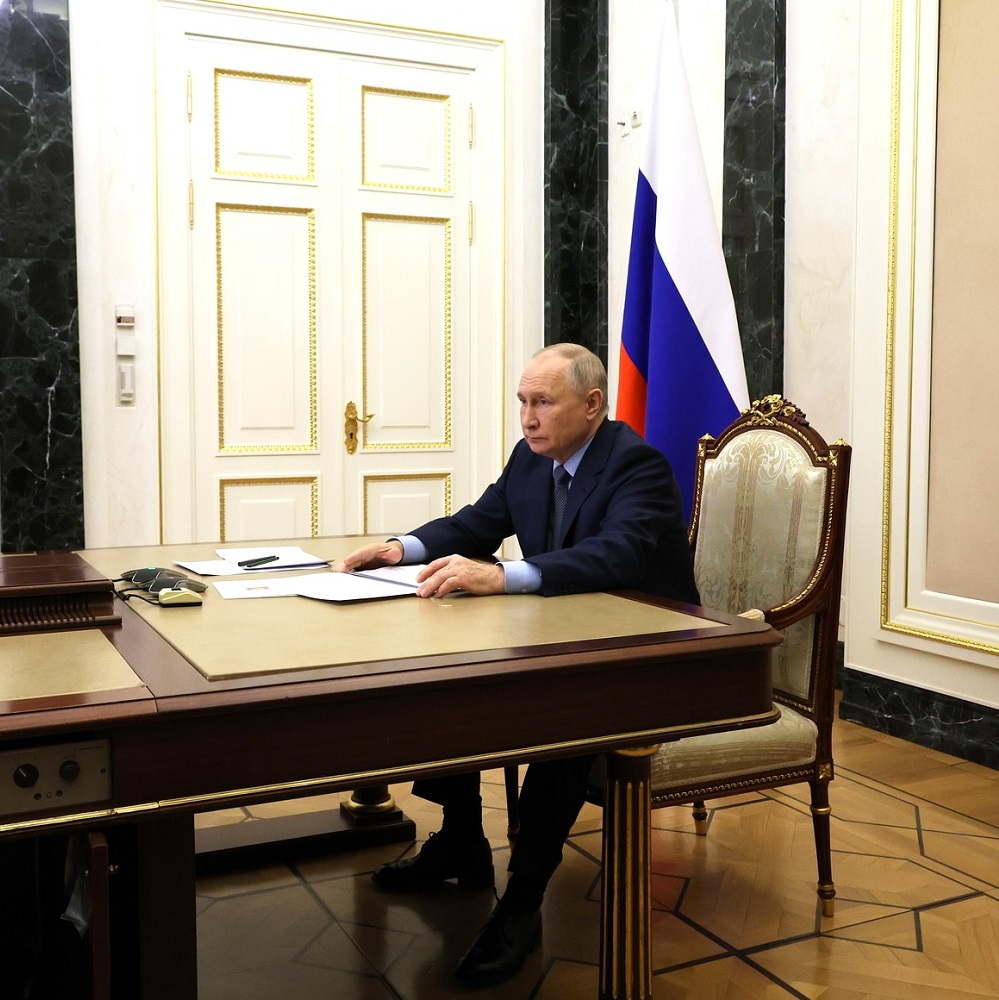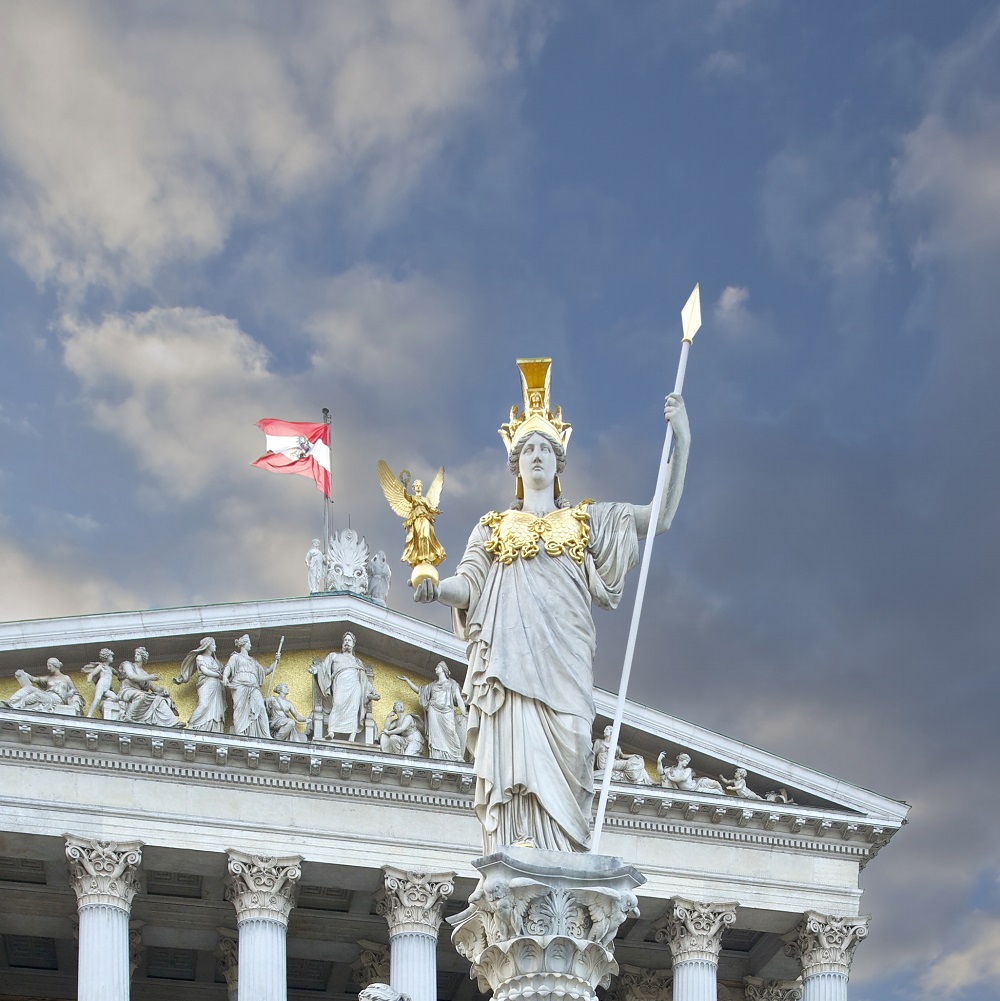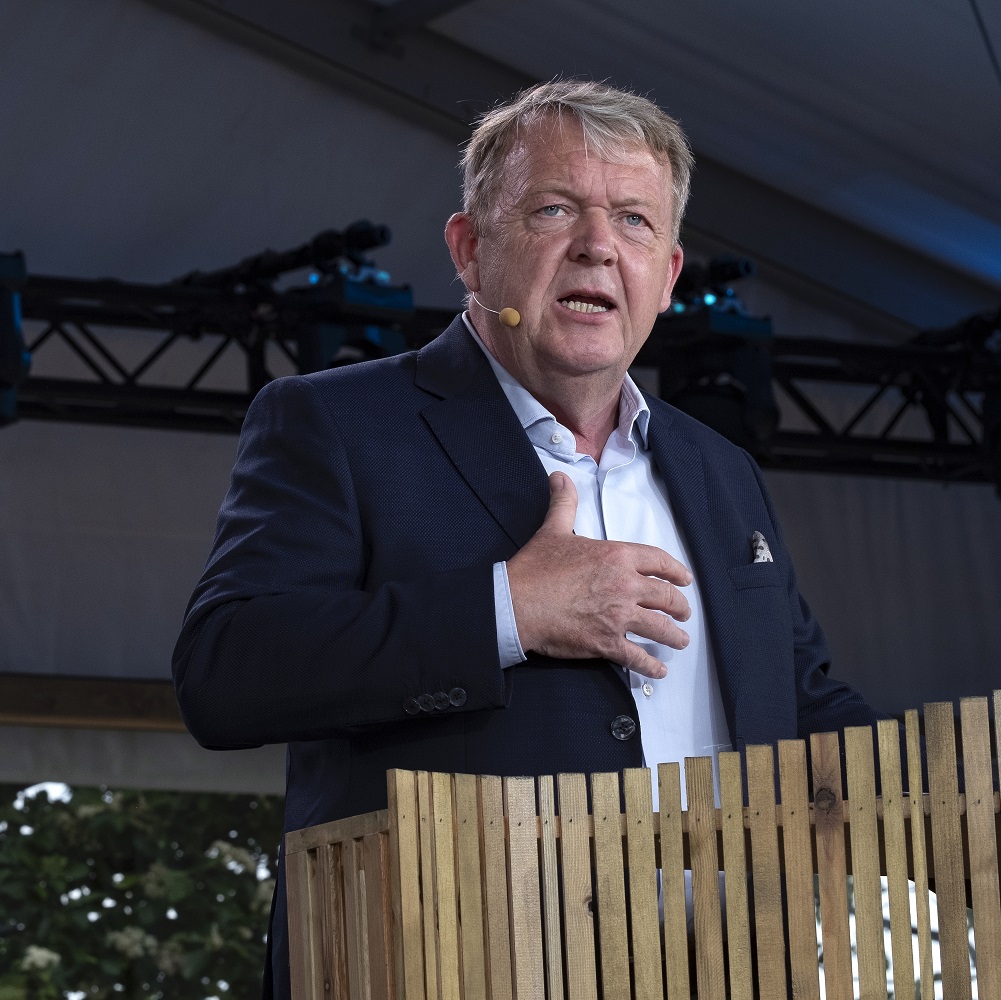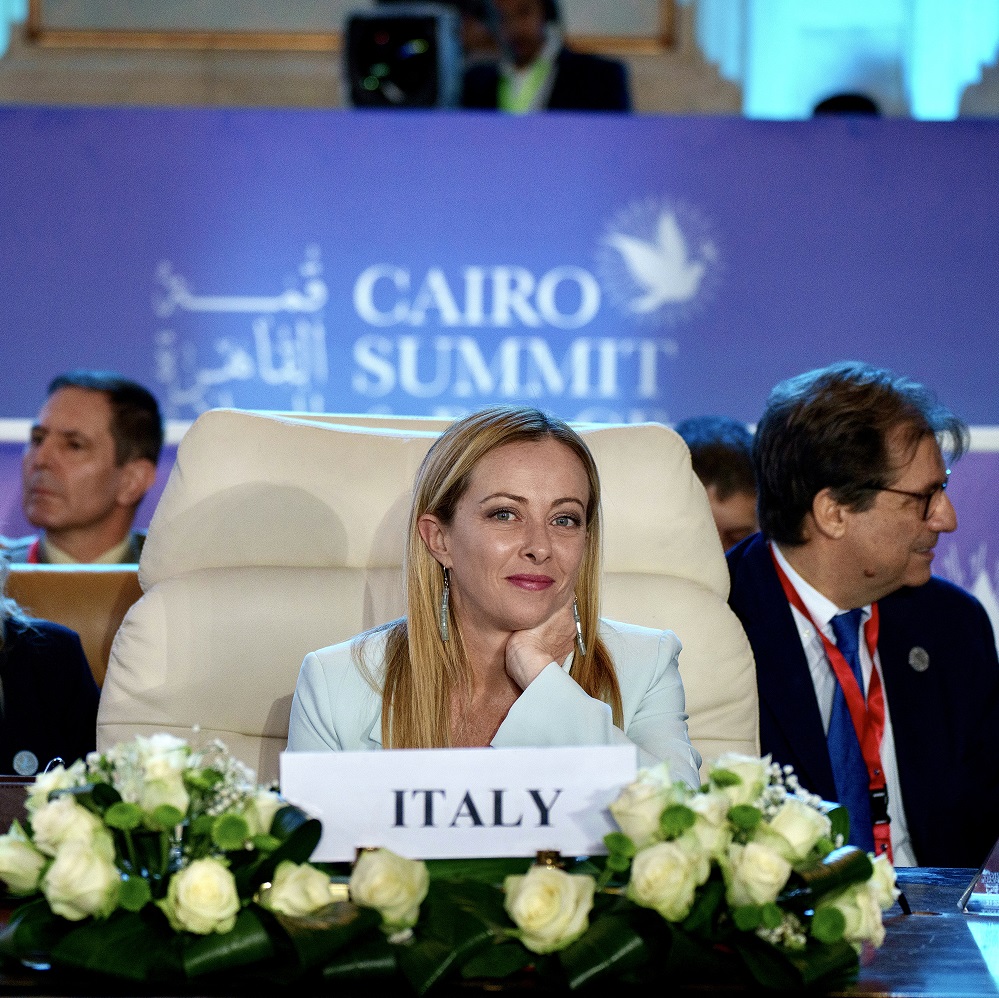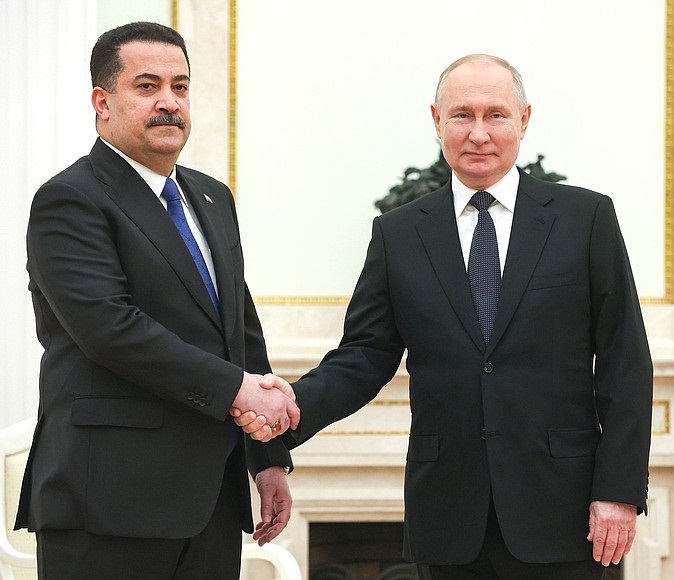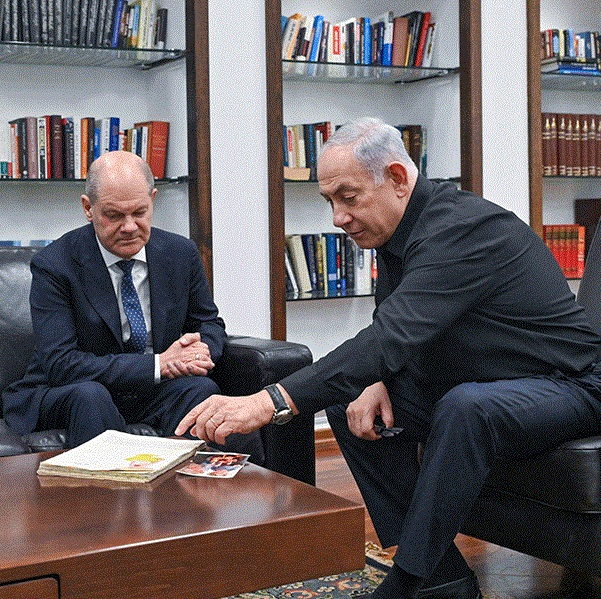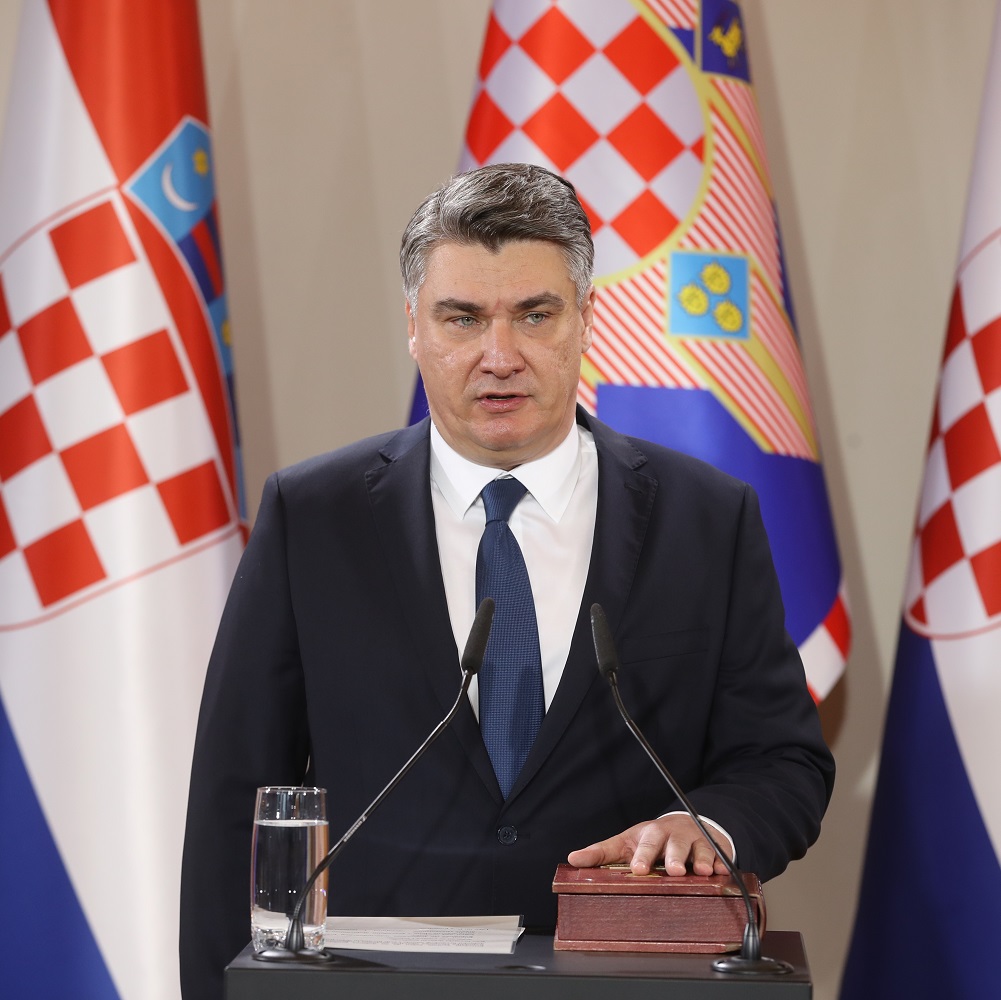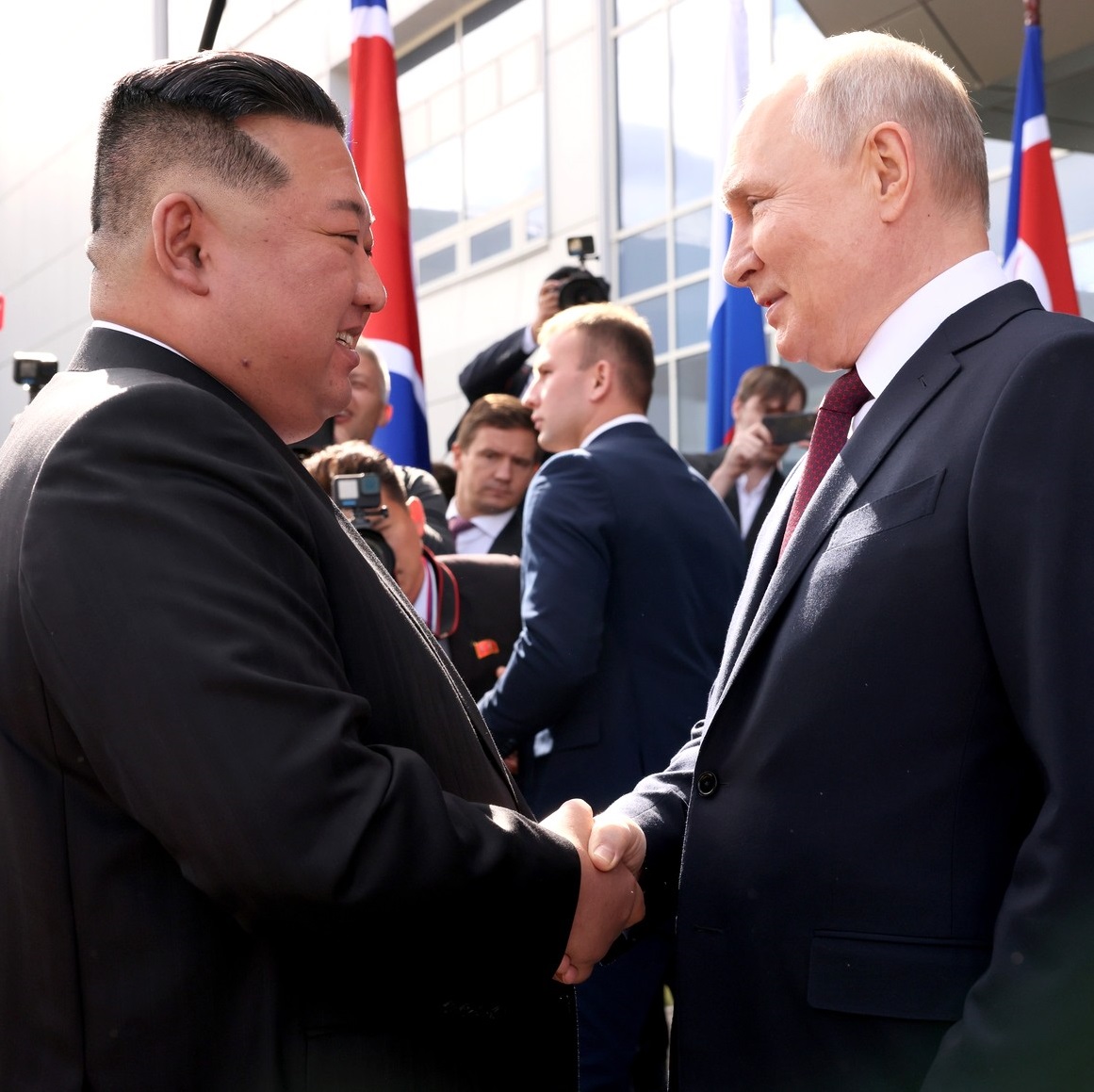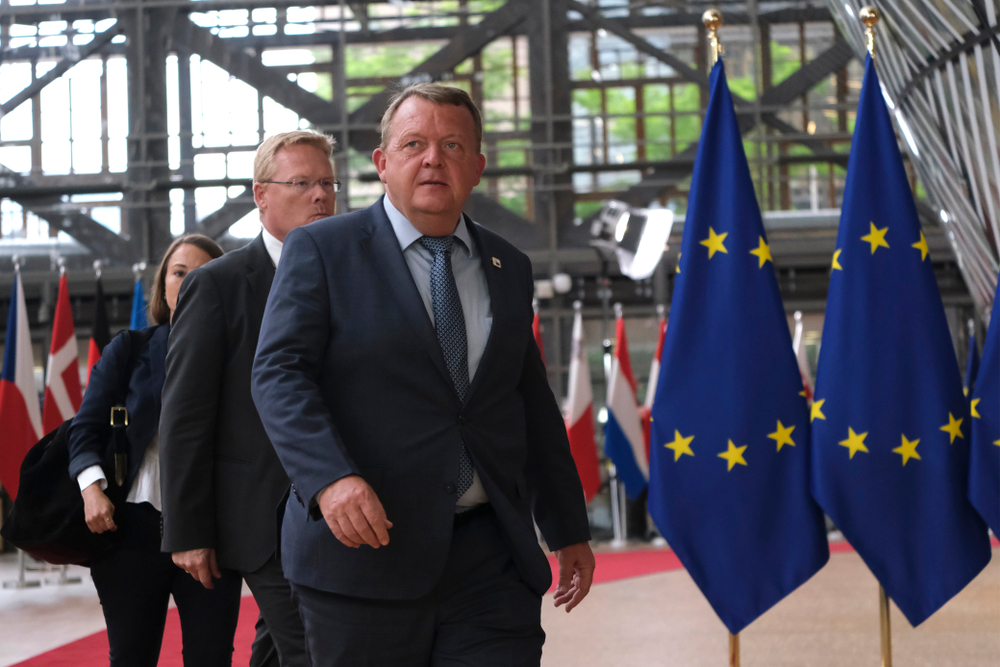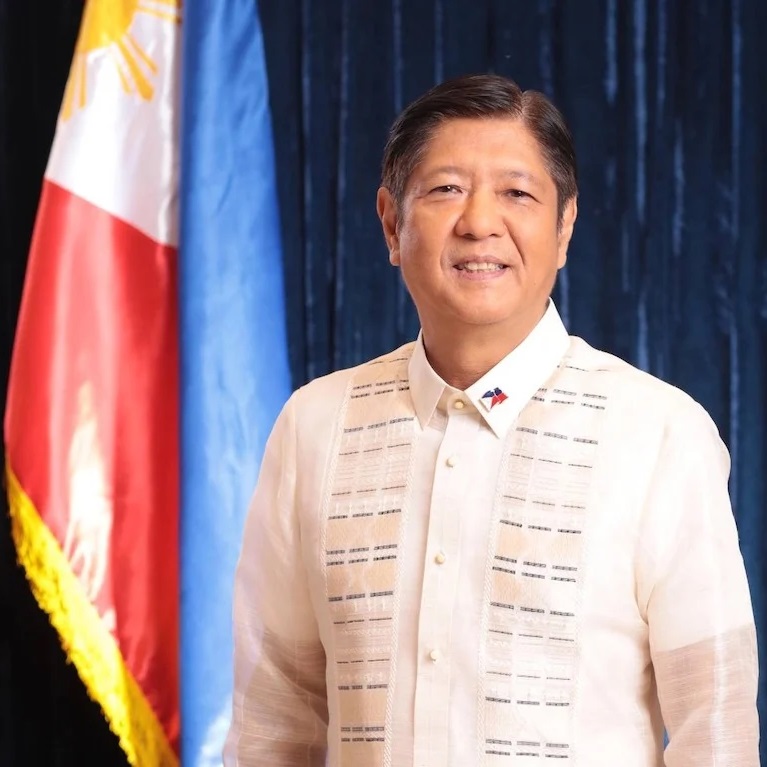
Saudi visit was successful and productive – PBBM
by Ferdinand R. Marcos Jr.
Although the visit to Saudi Arabia was brief, President Ferdinand R. Marcos Jr. said that it was a successful and productive one with various engagements accomplished to reaffirm the Philippines’ commitment to the partnership between the GCC and ASEAN countries, as well as to promote the country to prospect investors. In his arrival speech on Saturday following his visit to Riyadh, the President ticked off his accomplishments, mentioning the business-to-business agreements that would guarantee additional employment for Filipino workers. President Marcos described the ASEAN-GCC Summit held in Riyadh as a landmark event, adding that it was the first time that ASEAN and GCC Member States gathered together to discuss regional and international issues and on future cooperation. The six GCC member countries are Bahrain, Kuwait, Oman, Qatar, Saudi Arabia, and the United Arab Emirates while Brunei, Myanmar, Cambodia, Indonesia, Laos, Malaysia, Philippines, Singapore, Thailand and Vietnam compose the ASEAN. “The Summit provided an opportunity to project the Philippines’ long-standing promotion of a rules-based international order, which is essential to the maintenance of peace, security, and stability in our regions which sit astride two of the most vibrant sea-lanes of trade and communications in the world,” President Marcos said. The President said that the Summit also provided an opportunity for the Philippines to secure a US$120-million Memorandum of Understanding (MOU) that would establish a 500-person capacity training facility in the country to upskill Filipino workers in the construction industry. “The facility aims to train at least 3,000 Filipinos a year and more than 15,000 in the next 5 years, ready for deployment at any time,” President Marcos said. Another three business-to-business agreements were also discussed among Saudi and Philippine human resource companies “for the training and employment of Filipinos across a wide range of industries including healthcare; hotel, restaurant, and catering; and maintenance and operations, amongst other operations.” “These agreements are expected to generate more than USD 4.2 billion and additional 220,000 jobs for Filipinos over the next few years,” he said. President Marcos also reported resolving the outstanding bilateral issue with Kuwait at the sidelines of the Summit, including working out the lifting of the deployment ban of Filipino workers. “Now, that will end and we will now return to the normal state of affairs with the Kuwaiti government,” he said. The President said he also had the opportunity to meet with the Crown Prince and Prime Minister of Saudi Arabia, and he referred to their discussion as “very encouraging,” with anticipated capital investments pledged by the government of Saudi Arabia to the Philippines. “We exchanged views on issues of common concern to our two countries, and I expressed hope that we can sustain the momentum of high-level exchanges as we expand cooperation in key areas of mutual benefit to our peoples,” President Marcos said. In his arrival speech, President Marcos reiterated his commitment to continue to advance the country’s interest and at the same time, expand the Philippines’ partnership with ally nations. “Let me assure you that we will continue to advance our national interests as we further expand our partnerships abroad,” Marcos said. In his speech during the Summit, President Marcos emphasized further cooperation in key areas including energy and food security and enhancement of logistic chains. He also called for safeguarding of rights and welfare of Filipino workers. President Marcos arrived at the Villamor Air Base in Pasay City at 2:50 p.m. Saturday. PND









